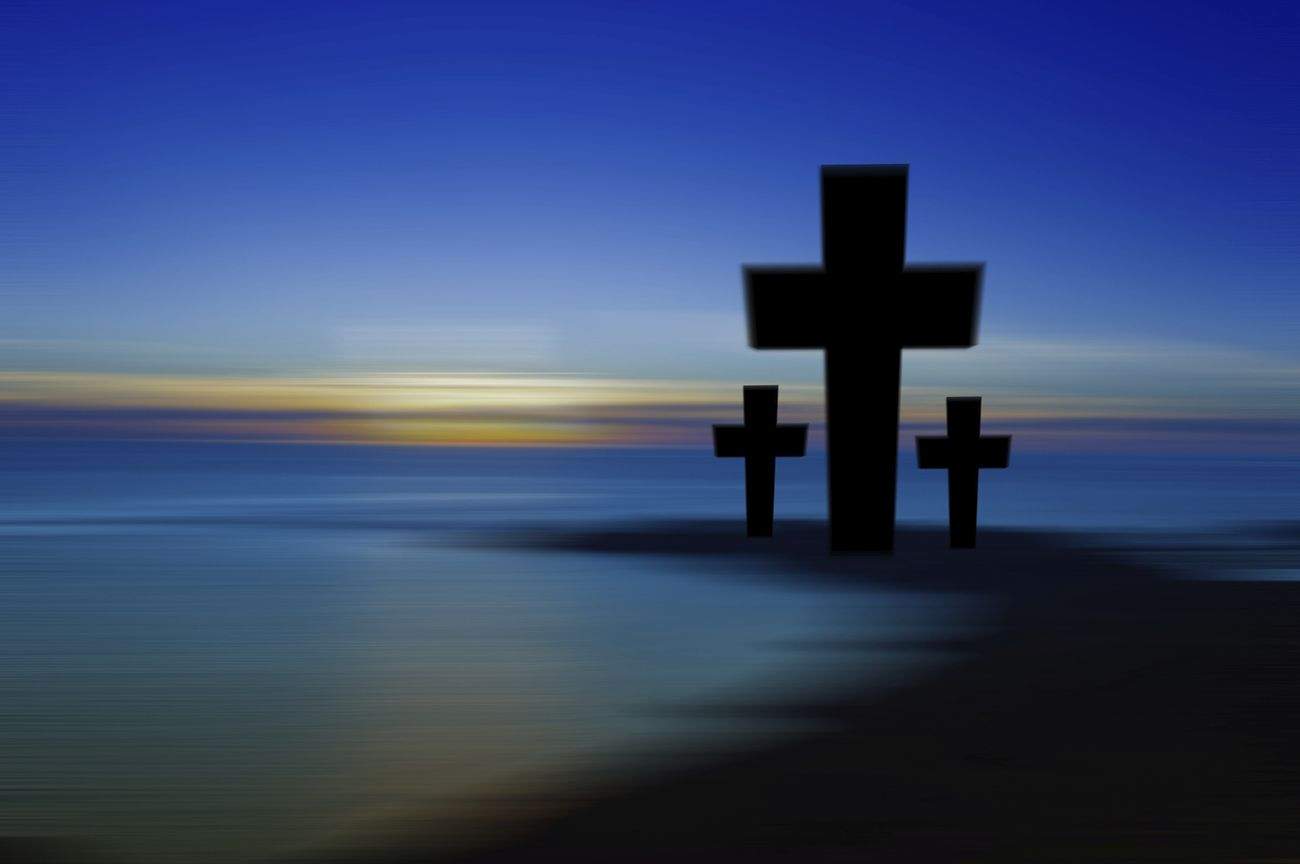I picked up a friend on Facebook which says:
“Depression is not a sign of weakness, it is a sign that you have been trying to be strong for too long. Put this as your status if you know someone who has or has had depression. Will you do it, and leave it on your status for at least an hour? Most people won’t, but 1 in 3 of us will suffer at some point in our lives. Show your support. I copied and pasted, will you?”
Now I have toyed with taking up the challenge and putting it on my perspective but have not for two reasons.
- It is manipulative trying to get people to support this statement about depression. I don’t like chain messages, I think they are almost as bad a chain mail
- It is factually in accurate, Depression is common but one in three is not even featured in Mind’s estimates for Mental Distress. The worst being 1 in 4 and that covers all mental health cases even those with such mild distress they don’t go to the doctor. Secondly being strong too long is not the sole cause of depression. Just like falling out of trees is not the sole cause of broken legs. For some it no doubt is, for others it can be a whole host of things.
So where do I stand.
Firstly I suffer from Mental Health Distress, I am/have been on anti-depressants for more than five years, treating mild to moderate depression, I also take medication for an anxiety complaint. However if you met me you would not pick this up very easily. Some of this is helped by the fact mine takes the “smiling” form indeed I smile more when on anti-depressants than off them. However it leaves me with a lot of very physical symptoms. I get tired very easily, need a lot of time alone, suffer from migraines and get other painful symptoms (yes that is physical not emotional pain). When I was bad I lost the ability to concentrate for more than a few seconds (I took to reading books with a rule basically so I knew which line I was on) and became very un-proactive (it is very hard to get the energy for anything if you feel totally exhausted all the time). I do a lot despite this partially because the anxiety stays better under control if I am busy, partly because boredom is a good way of triggering depression symptoms for me and partly that is who I am.
I am telling this not simply to state my credentials but also so you realise that the form my mental health distress is unusual. There are many people out there with far more common forms of depression. For many overwhelming sense of sadness is a major feature. Just because I am up and doing things (well I am either that or curled in a small ball in my bed) does not mean other people even with similar diagnoses are able to be up and doing things. Depression does not come in only one flavour.
Also what I have experienced is relatively mild, there are lots more serious forms out there. I have no special right to insight by virtue of this experience, there are forms that although I try to empathise with I do not really experience. I have little tendency towards either substance abuse (including alcohol) and self harm for starter. Both of these symptoms are experienced by a significant number of people who are suffering from mental health distress. In some cases I suspect they are attempts to relieve emotional pain rather than symptoms.
Equally there is no single cause of mental health issues. Yes some of mine is hereditary, some is due to poor life choices and some is due to life events over which I had little or no control. I suspect I am not the only person to have multiple causes. Other people may have theirs ‘created’ by long term abuse, or dealing with tragedy close at hand or even other disability or physical illness. There are no doubt other contributing causes. Stress plays a role as does unexpressed anger but they are not the sole cause.
What perhaps characterises many mental illnesses more than anything else is that thought patterns differ markedly from the healthy. In mild forms these can almost be intangible to those around a person, perhaps a tendency to be slightly more pessimistic or worried over things but not much else. Quite often what people don’t realise is that the individual is making a huge effort to function normally. As it trips into moderate, the person still has an understanding of what normal is, but they are not able to make the effort to function in that way and inevitably display more ill behaviours. In my experience people really strive long and hard to retain some connection with normal thought patterns. However with severe the person actually has lost connection at all with normal thought patterns. What is also true is the vast percentage of people suffering from mental distress are in the mild category, the headline grabbing categories are in the severe. The services are such that there is little or no help available for people who are mild. It is not good for even the severe. Yes that means the vast majority of such people struggle on with the help of friends and family.
However to say that it is a characteristic of mental illness to have dysfunctional thought patterns is not to say that it is not physical, it is markedly physical in a variety of ways. Many people who have mental health problems will manifest physical symptoms, I already mentioned I suffer pain, but in set circumstances it can also cause me to vomit or to shake like a leaf. Just because a symptoms origin is in the brain does not stop it being distressing for the individual who is going through it. Nobody likes eating a meal then heaving it all back.Especially if you are out celebrating with friends.What is more physical treatments work, sometimes these can be as simple as mineral supplements, exercise and such.Even things like massage and aroma therapy have brought some relief to some. Other times they are complex drug regimes.There is no barrier between the mental and the physical.
Talk therapies can work and are useful. The success of Cognitive Behaviour Therapy and associated therapies is to be welcomed. They are not a cure all, but they are a major step forward and at the very least make people suffering from mental distress more skillful at keeping contact with normality.
So what as someone undergoing mental distress do I want. Well firstly don’t define me as that, I do lots of other things and the more you help me hold onto those other things the more you help me function normally. Secondly when I can’t do something or my behaviour becomes odd don’t assume it is about you, its more often me trying to cope with my illness. I like many others am actually quite skilled at dealing with my illness, I can and do manage it, sometimes trusting me to manage and ask when I need help is the most constructive thing you can do. It is amazing how often people’s need to help means that I have to manage that on top of my illness. For those who want some idea of how draining this is, please read this article on spoon theory, and understand that if I am having to tell you how to help I am using my spoons to do that. Finally oddly if I start withdrawing, please try an make the effort to keep low level contact. What it normally means is that I am personally not able to sustain the contact in the form at the time, if you can take the effort out of doing it, then I probably will appreciate it. There is a gap between when I can make the effort to keep in contact and when I am no longer able to sustain contact.In that gap gentle contact is likely to sustain me rather than allow me to fall further. I know I am usually the proactive one.
On a more general note, you do know someone who has suffered mental health distress, but they may not be willing to be open about this.Try therefore when someone is behaving differently not to jump to conclusions and certainly don’t jump to conclusion because you hear someone has a mental health diagnosis. We remain individuals in our illnesses. More importantly if you have the opportunity please try and find out more about mental health issues, you never know it may be you that needs the knowledge next.




